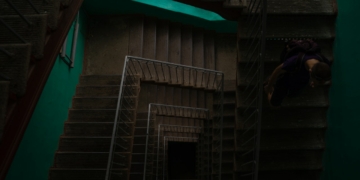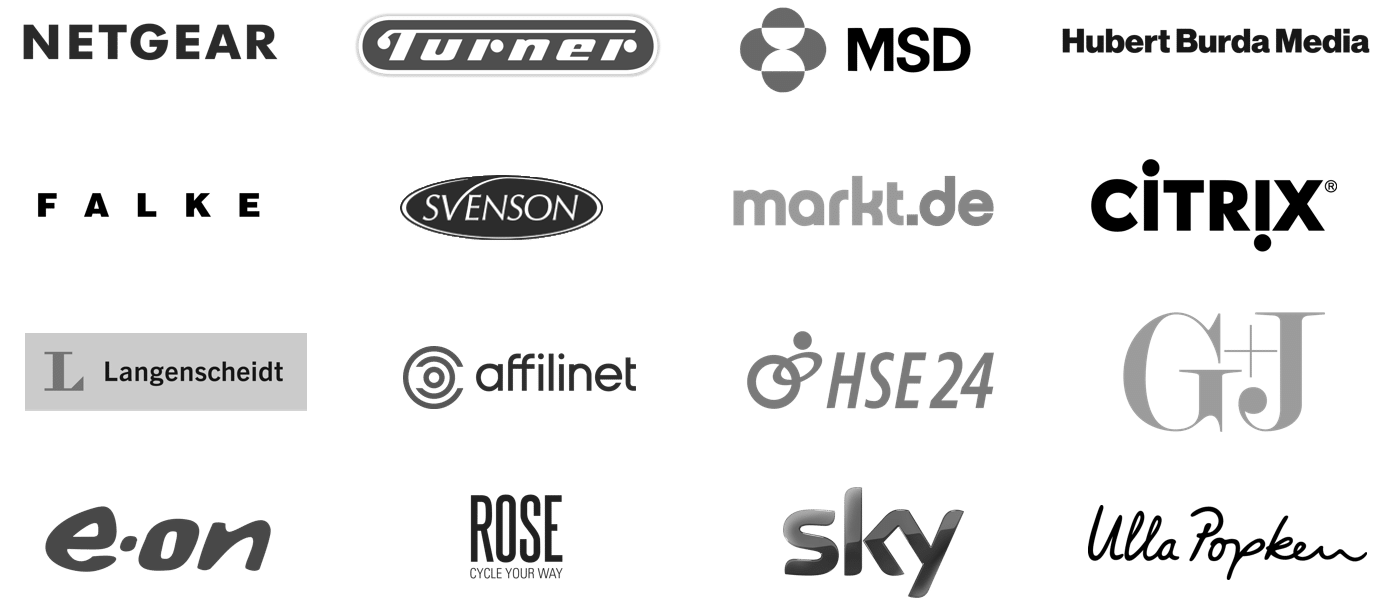Google erkennt Rankingsignale ohne 301-Weiterleitung

Copyright © Shutterstock / VectorMine
Google ist in der Lage, Rankingsignale von einer URL zu einer anderen ohne aktive 301 Redirect weiterzuleiten.
John Mueller gibt in seinem wöchentlichen Google SEO Hangout am 04. Juni an, die automatische Weiterleitung der Rankingsignale einer alten URL an eine neue sei in manchen Fällen möglich. Ein Websitebetreiber erwähnt, dass er an einer Seite arbeite und einige URLs geändert habe, ohne sofort eine 301-Weiterleitung einzurichten.
Müssen 301-Weiterleitungen eingearbeitet werden?
Die Frage ist nun, ob es ein Zeitlimit gibt, die Weiterleitung zu implementieren, bevor die alte URL offline genommen wird und die Rankings beeinflusst werden.
Wenn die URL einer existierenden Seite geändert werden soll, hat es sich in SEO-Kreisen bewährt, eine Weiterleitung von der alten URL zur neuen einzurichten. Dadurch werden die Rankingsignale übertragen, sodass die Position in den SERPs wahrscheinlicher beibehalten wird.
Nun stellt sich heraus, dass die Rankings auch ohne sofort eingerichtete Weiterleitung bestehen bleiben können, weil Google die Daten selbst weiterzuleiten in der Lage ist.
Hier ist Muellers ganze Antwort.
Googles John Mueller über die Weiterleitung von Rankingsignalen
Mueller antwortet dem Websitebetreiber, dass Google Rankingsignale automatisch ohne Hilfe einer 301-Weiterleitung übertragen könne.
Es kommt allerdings auf gewisse Faktoren an.
“It’s tricky because there is no specific time for this, especially because there are different variations of this kind of problem situation that you have here.
In particular if the old content still exists, and you’ve created a copy of that on a new URL, then in a case like that we will treat those two URLs as being part of the same cluster. And we’ll try to pick a canonical URL between those two URLs.
And it can happen that we switch over to your new URL for that. And if that’s the case, then essentially we will forward all of the signals from the old URL to the new URL automatically even without a redirect in place.
In that scenario, probably you will not see a big difference if, at some point later on, you add a redirect. The main difference you would see is that it would be a lot clearer for us that you want the new URLs to be indexed and not the old URLs.
So in that setup, probably you wouldn’t see a ranking change but probably you would see that we would switch over to the new URLs a little bit more consistently.”
Das mag beruhigend klingen, wenn Sie in einer ähnlichen Situation mit Ihrer Seite sind, aber in der Antwort sind dennoch einige unklare Aussagen, ob Signale weitergeleitet werden.
Von Muellers Antwort ausgehend, scheint es auf diese Bedingungen anzukommen:
- Die URL wird geändert und der Content bleibt gleich.
- Google sieht die neue URL als die Canonical Version an.
Das heißt im Umkehrschluss: Wenn sich der Inhalt mit der URL ändert, erscheint es sehr unwahrscheinlich, dass Google die Rankingsignale weiterleiten kann.
Außerdem gibt es immer die Möglichkeit, dass Google die alte URL als Canonical ansieht und die Signale deshalb nicht weiterleitet.
Was, wenn die alte Seite gelöscht ist? Kann Google dann immer noch Signale weiterleiten?
Google kann keine Rankingsignale weiterleiten, wenn die Quelle aus dem Internet entfernt wurde.
Wenn Sie eine Seite löschen und den gleichen Content auf einer neuen URL veröffentlichen, dann werden Sie alle vorherigen Signale verlieren.
“In a situation where you delete the old URLs and just add the same content somewhere else on your website, then that’s something where we would essentially, in a first step, lose all of the information we would have about this page because suddenly it’s a 404.
And we would treat the new page as being something new and we would essentially say well there’s a new page here, and we would not have any connection between the old page and the new page.
That’s something where, at some point, we will drop the old page from our index and lose all of those signals. And if you wait too long and add a redirect much later, then those signals are already gone and that redirect is not going to forward anything anymore.
In that situation where you delete things and just move it somewhere else then probably after a certain period of time — I don’t know how long that would be, it depends on the website — you would not see any improvement from adding redirects.
And in a case like that it would, from my point of view, make sense to start adding redirects there just so that you’re sure that if there is any small value still associated with those URLs then at least that is still forwarded over.”
Setzen Sie also lieber weiterhin manuelle Weiterleitungen, statt sich auf Google zu verlassen. Sollten Sie die 301er nicht sofort anlegen, ist es gut zu wissen, dass Google in der Lage ist, die Signale trotzdem weiterzuleiten.
Quelle: Search Engine Journal















Keine Kommentare vorhanden